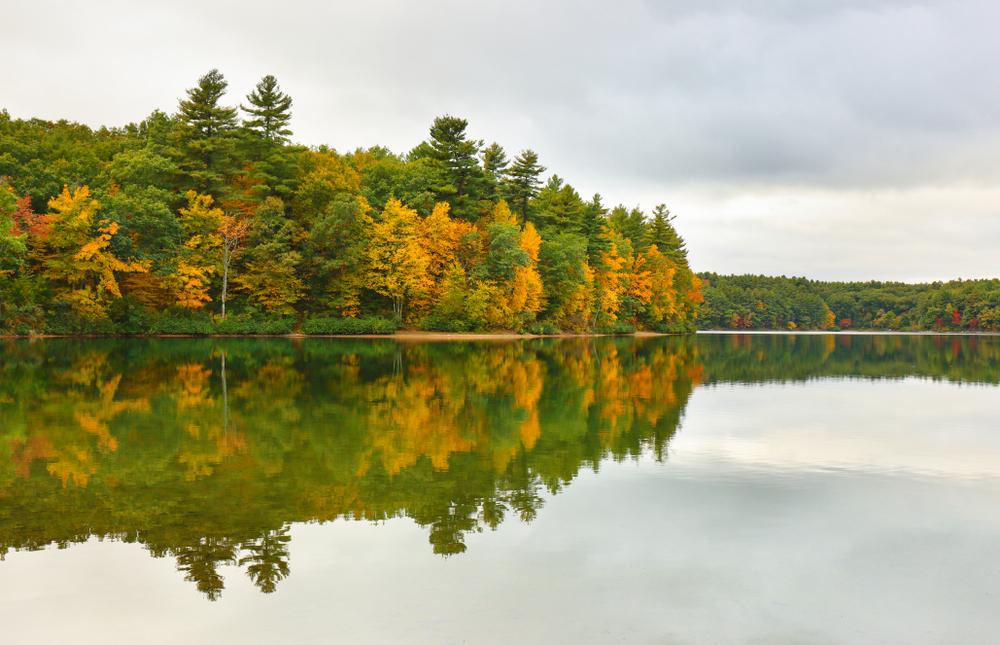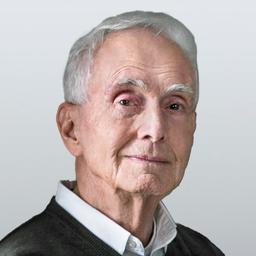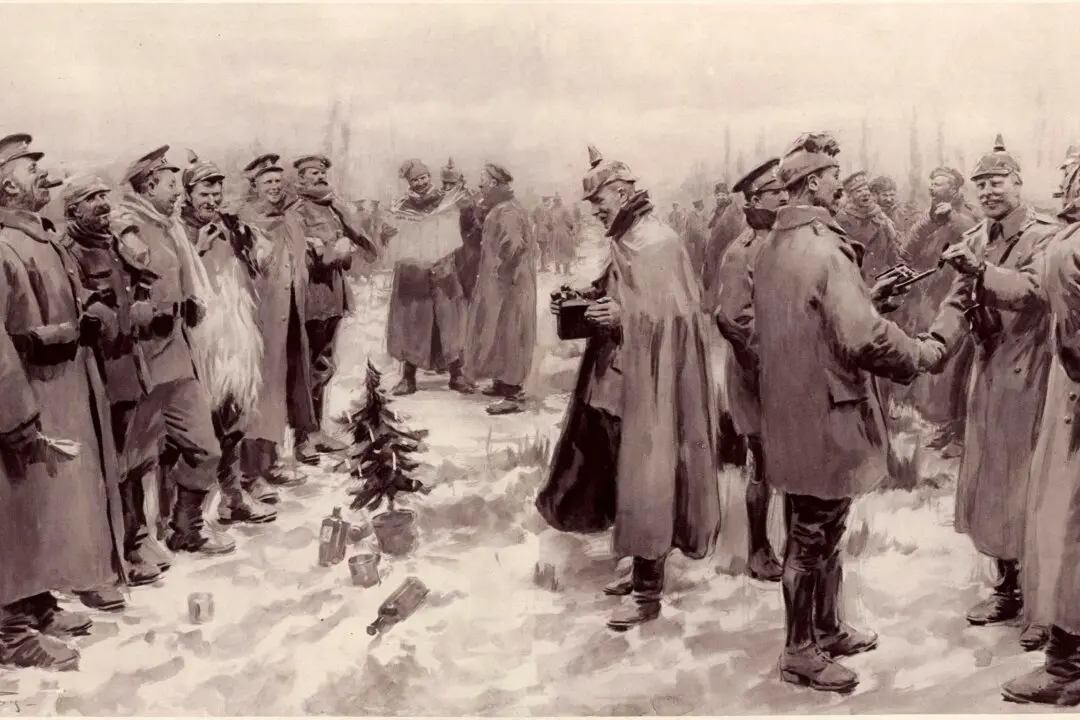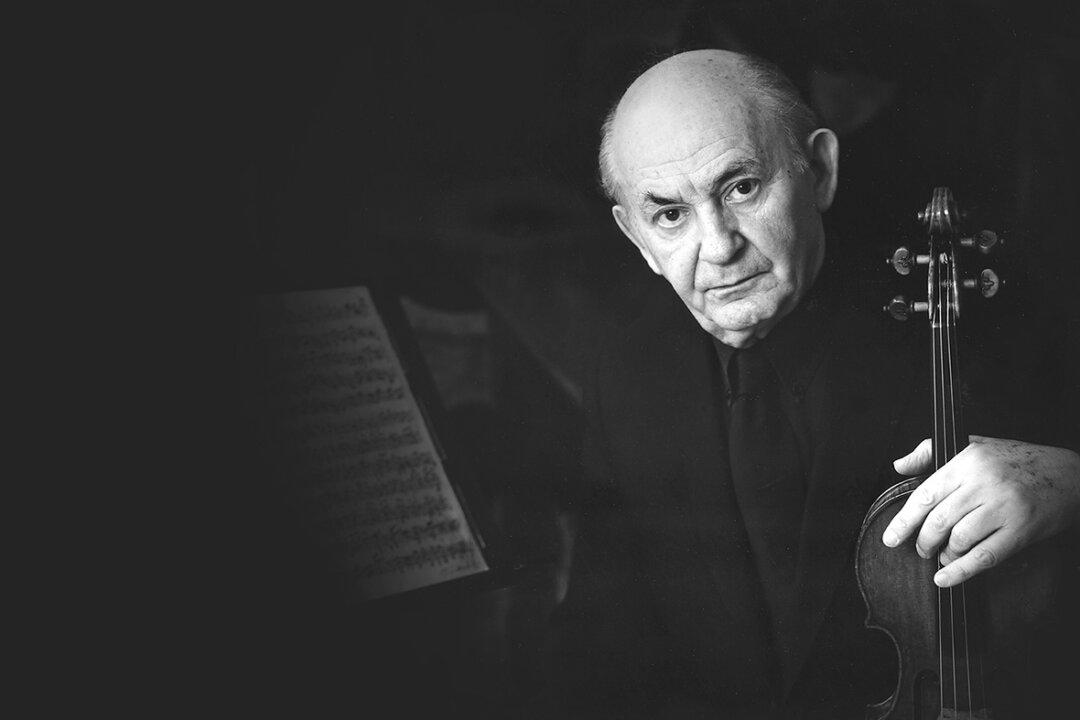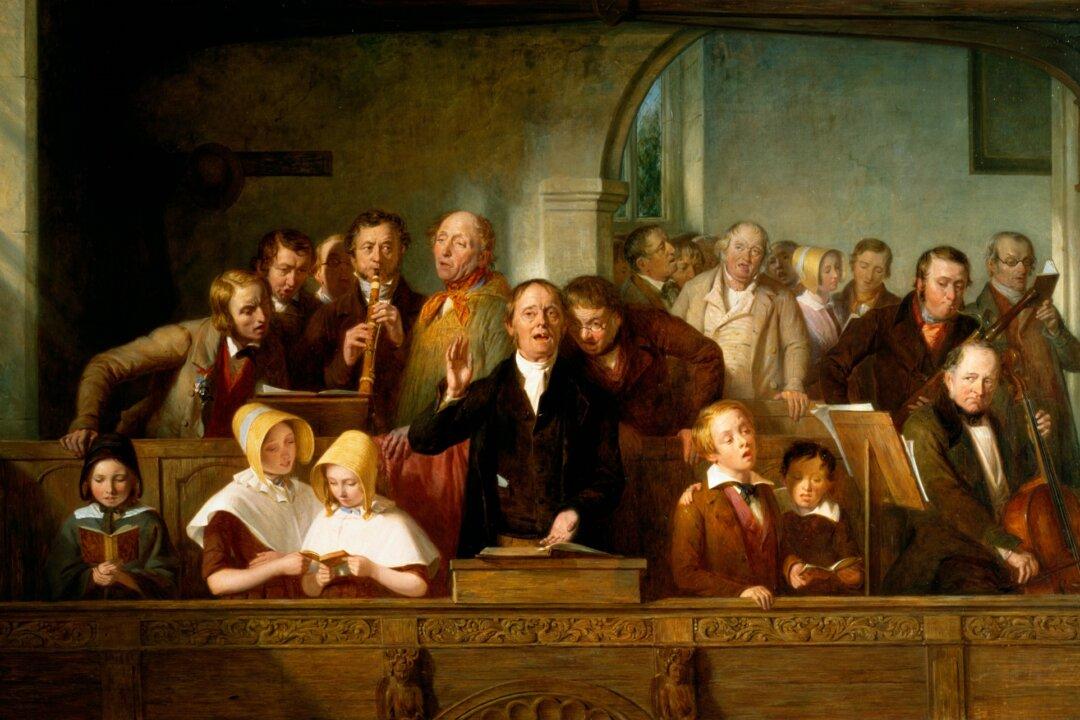Great poets and seers do not write for classrooms or scholars; they write for other people, other souls. I call to witness Leo Tolstoy, who dropped out of school; Virginia Woolf, who was not allowed to go to school; and Charles Dickens, who was expelled from school.
Although Henry David Thoreau (1817–62) did indeed graduate from Harvard, he thought so little of it that he refused to pay the six dollars required to receive his diploma.

